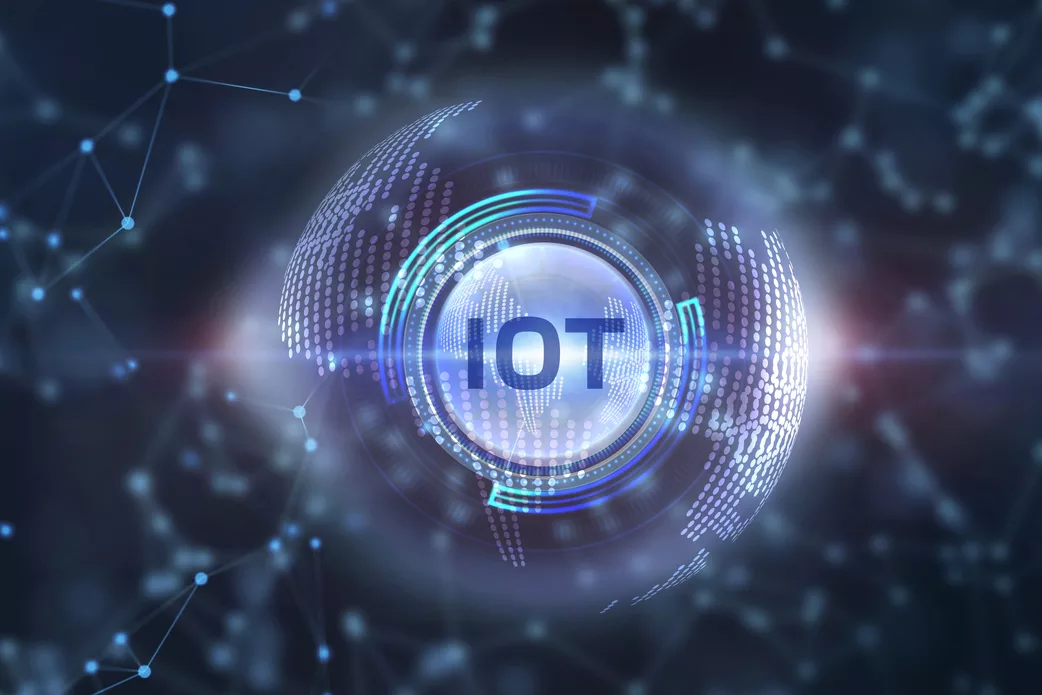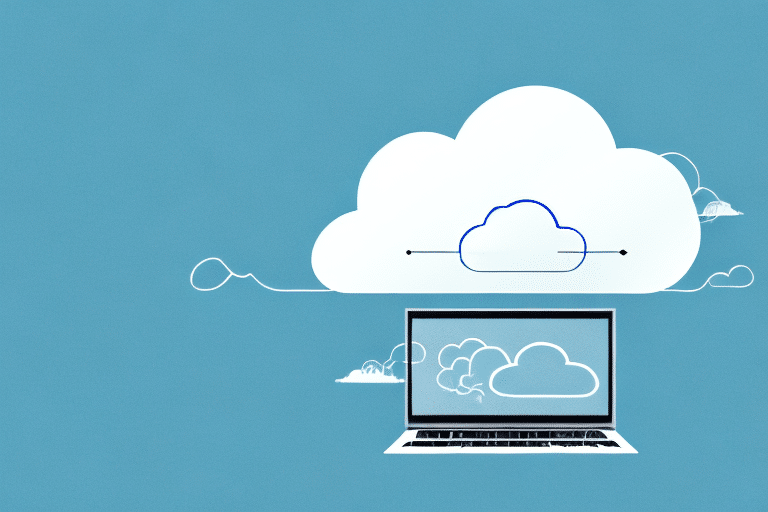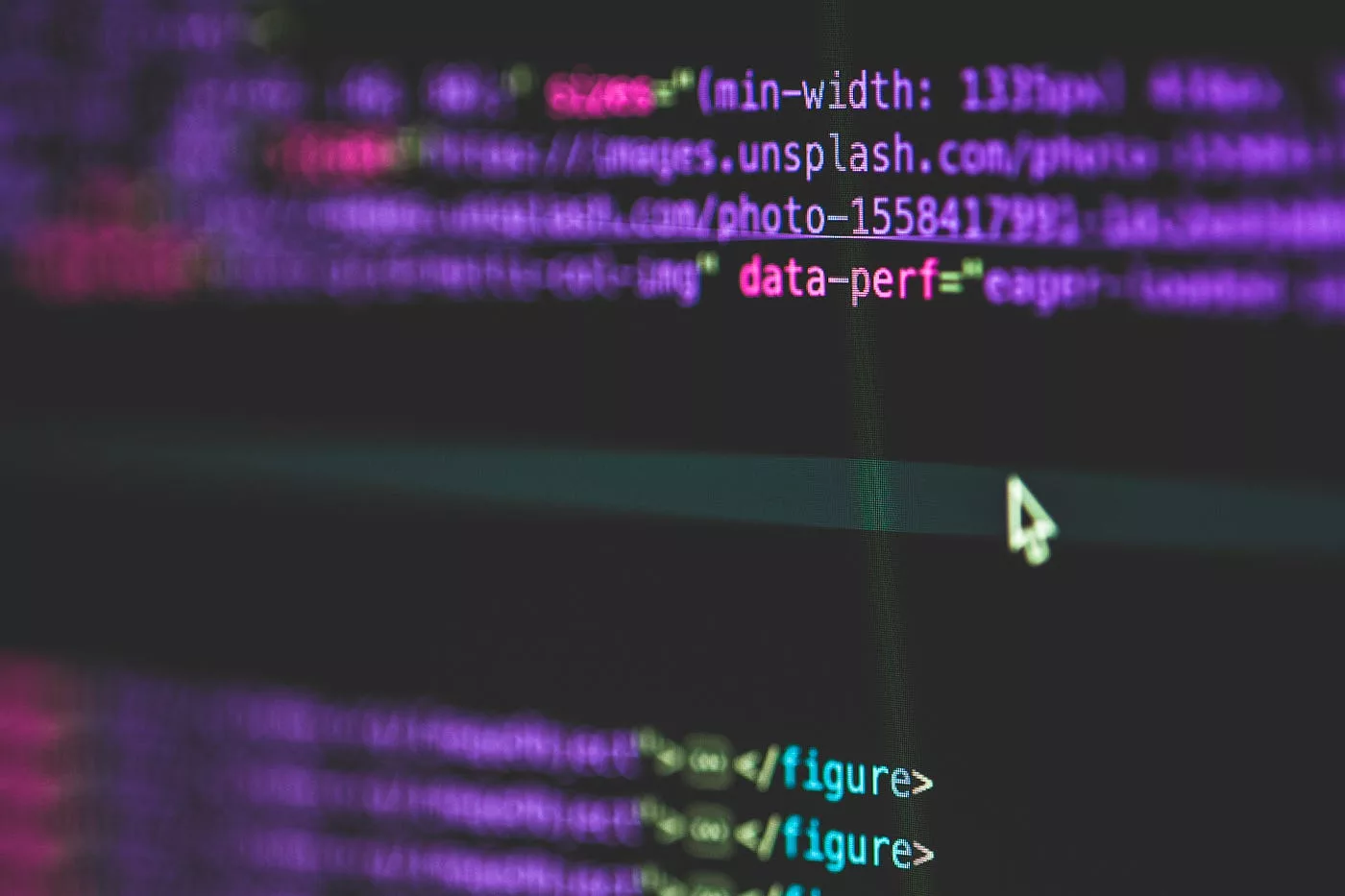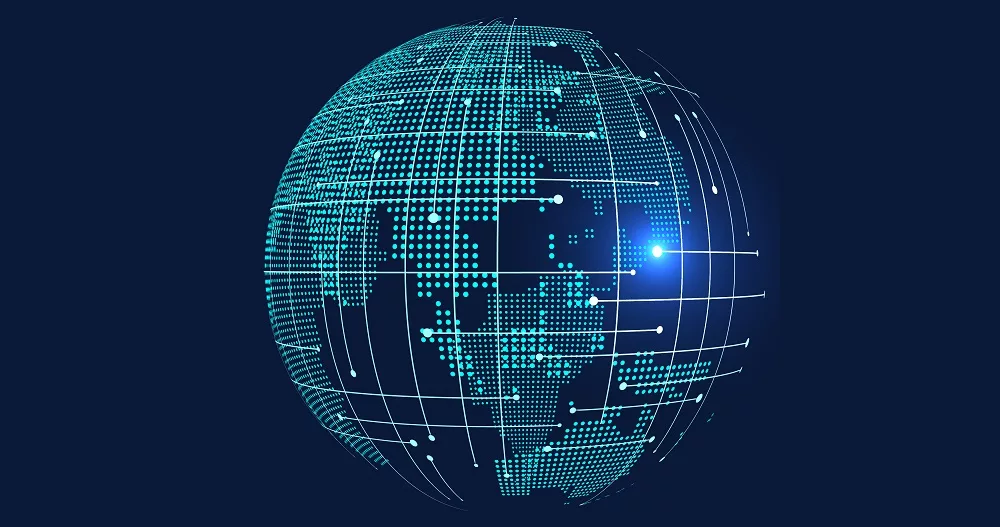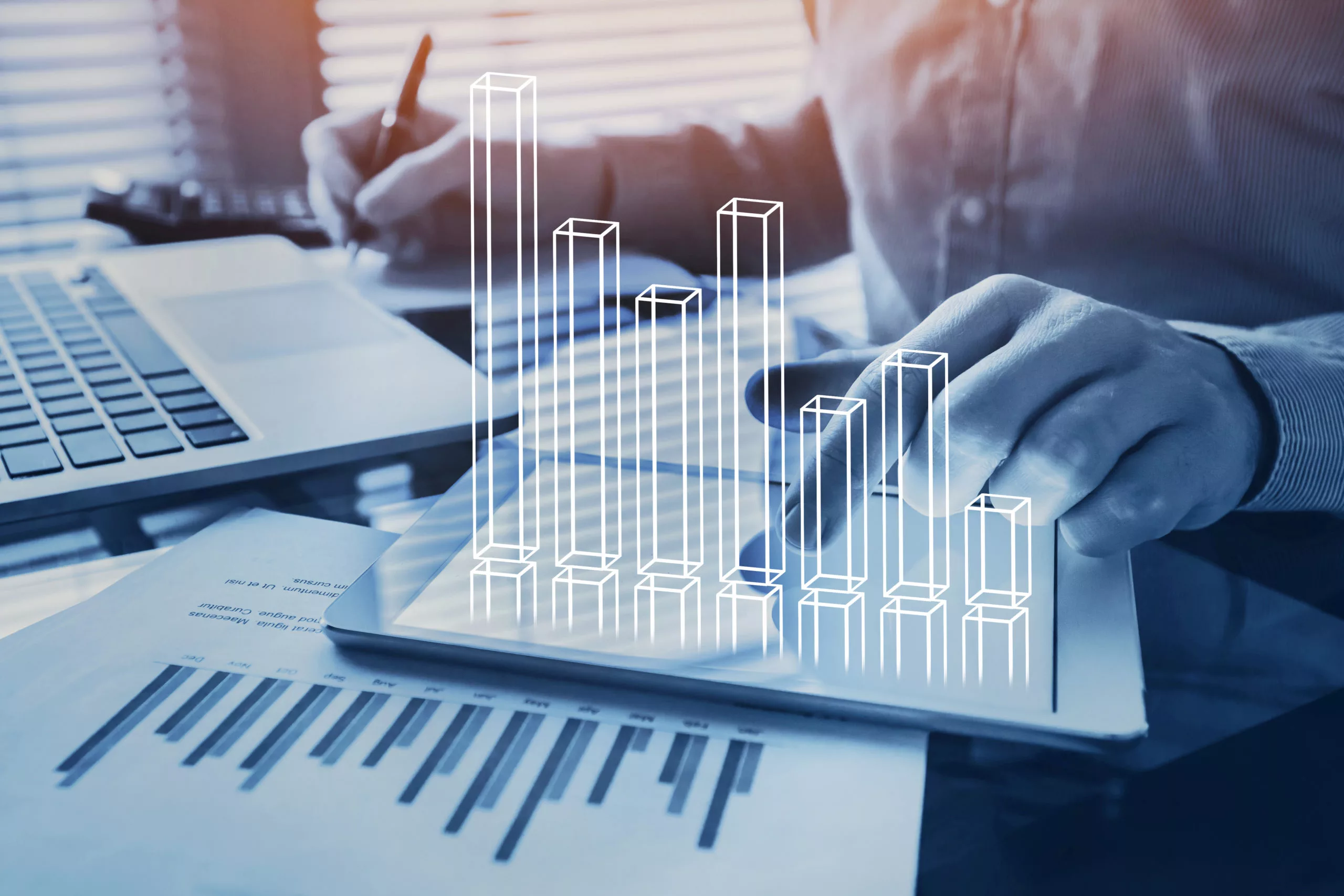In today’s interconnected world, the Internet of Things (IoT) has revolutionized how we interact with devices and gather data. IoT devices, such as smart sensors, wearables, and connected appliances, generate massive amounts of data at an unprecedented rate. To harness the full potential of this data and derive valuable insights, Big Data Analytics plays a vital role. Google Cloud Platform (GCP) offers a robust suite of tools and services that enable businesses to efficiently process, analyze, and interpret IoT-generated data. In this article, we will explore the significance of Big Data Analytics in IoT applications on GCP, highlighting the benefits and real-world applications in simple language.
Understanding Big Data Analytics in IoT
What is Big Data Analytics?
Big Data Analytics is a process of examining and uncovering patterns, trends, and other valuable information from large volumes of data, commonly referred to as “Big Data.” Instead of relying on traditional data processing methods, Big Data Analytics employs advanced techniques to process and analyze data quickly and effectively.
The Role of IoT in Generating Data
The Internet of Things consists of an extensive network of interconnected devices capable of sharing data with each other and the cloud. These devices, embedded with sensors, continuously collect and transmit data, creating a vast ocean of information. For instance, IoT devices in smart homes can record temperature, humidity, and energy consumption, while wearable devices monitor heart rate and physical activity.
Challenges of Handling IoT-generated Big Data
Processing and analyzing the massive amount of data generated by IoT devices pose significant challenges. The traditional approach to data analysis becomes inefficient and time-consuming due to the volume, velocity, and variety of data. This is where Big Data Analytics comes to the rescue, enabling businesses to extract meaningful insights from this data deluge.
Big Data Analytics in IoT Applications on GCP
Google Cloud Platform – A Brief Overview
Google Cloud Platform is a comprehensive suite of cloud-based tools and services offered by Google. GCP provides various solutions for storage, computation, data analytics, and machine learning. Let’s explore how GCP enables Big Data Analytics in IoT applications.
1. Data Ingestion
Before data can be analyzed, it needs to be ingested into the cloud platform securely. GCP offers services like Cloud Pub/Sub and IoT Core, which efficiently handle the ingestion process. Cloud Pub/Sub acts as a messaging service that facilitates real-time data streaming, while IoT Core provides a scalable infrastructure for managing and connecting IoT devices to the cloud.
2. Data Storage
Once data is ingested, it needs to be stored in a scalable and cost-effective manner. GCP provides several storage options, including Cloud Storage and Bigtable. Cloud Storage is ideal for storing large binary objects, such as images and videos, while Bigtable is suitable for high-throughput and low-latency data, making it perfect for time-series data collected from IoT sensors.
3. Data Processing
Data collected from IoT devices often requires real-time processing to extract immediate insights. GCP’s Dataflow and Cloud Dataproc are tools designed to handle real-time and batch processing of data. Dataflow allows data processing pipelines to be defined and executed in real-time, while Cloud Dataproc enables businesses to perform large-scale data processing using Apache Spark and Hadoop.
4. Data Analysis and Visualization
GCP’s BigQuery is a powerful data warehouse that allows businesses to analyze large datasets quickly. It offers SQL-like querying capabilities, making it accessible to users familiar with SQL. Additionally, Google Data Studio allows users to create interactive dashboards and reports for visualizing data insights effectively.
5. Machine Learning Integration
GCP provides machine learning services like AI Platform and AutoML, enabling businesses to integrate machine learning models into their IoT applications. These services allow businesses to build predictive models, anomaly detection systems, and recommendation engines based on their IoT data.
Benefits of Big Data Analytics in IoT Applications on GCP
1. Real-time Insights
With Big Data Analytics on GCP, businesses can gain real-time insights from their IoT data. This ability to analyze data as it is generated allows for quick decision-making, enabling businesses to respond promptly to changes and opportunities.
2. Enhanced Operational Efficiency
By analyzing IoT-generated data, businesses can identify inefficiencies in their operations and implement optimizations. For instance, predictive maintenance can be employed to detect potential equipment failures before they occur, reducing downtime and maintenance costs.
3. Improved Customer Experience
Big Data Analytics enables businesses to understand customer behavior and preferences through IoT data analysis. This understanding can lead to personalized services, recommendations, and better overall customer experiences.
4. Data-driven Innovation
By analyzing IoT data, businesses can uncover valuable insights that can drive innovation and the development of new products and services. These data-driven innovations can provide a competitive advantage in the market.
Real-world Applications of Big Data Analytics in IoT on GCP
1. Smart Agriculture
IoT sensors deployed in farmlands can collect data on soil moisture, temperature, and humidity. Analyzing this data on GCP can help farmers make data-driven decisions regarding irrigation schedules, crop health monitoring, and optimal harvesting times.
2. Connected Healthcare
Wearable IoT devices can continuously monitor patients’ vital signs and health metrics. Big Data Analytics on GCP can assist healthcare providers in analyzing this data, enabling early detection of health issues and personalized treatment plans.
3. Smart Cities
In smart city initiatives, IoT sensors collect data on traffic flow, air quality, and energy consumption. GCP’s Big Data Analytics capabilities can process this data to optimize traffic management, reduce pollution, and improve energy efficiency.
4. Industrial IoT (IIoT)
In manufacturing settings, IIoT devices gather data from machines and equipment. Analyzing this data on GCP can lead to predictive maintenance, minimizing downtime, and maximizing productivity.
Conclusion
Big Data Analytics in IoT applications on Google Cloud Platform unlocks the true potential of the massive amounts of data generated by interconnected devices. By leveraging GCP’s suite of tools and services, businesses can process, analyze, and gain valuable insights from IoT data. The benefits of real-time insights, enhanced operational efficiency, improved customer experiences, and data-driven innovation make Big Data Analytics a crucial component in harnessing the power of IoT for a wide range of applications. As IoT continues to evolve, the role of Big Data Analytics on GCP will only grow in importance, driving advancements and improvements across various industries.

